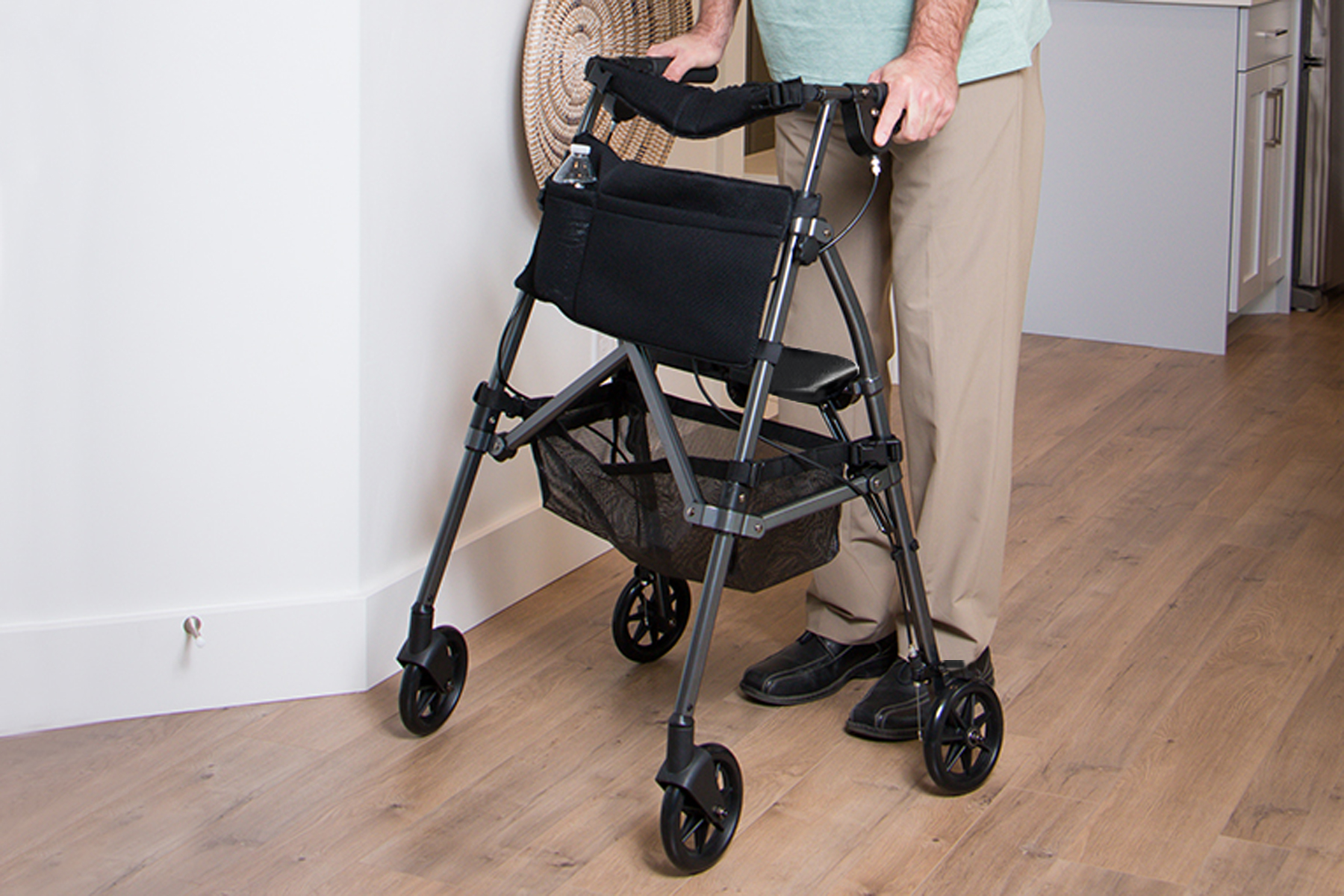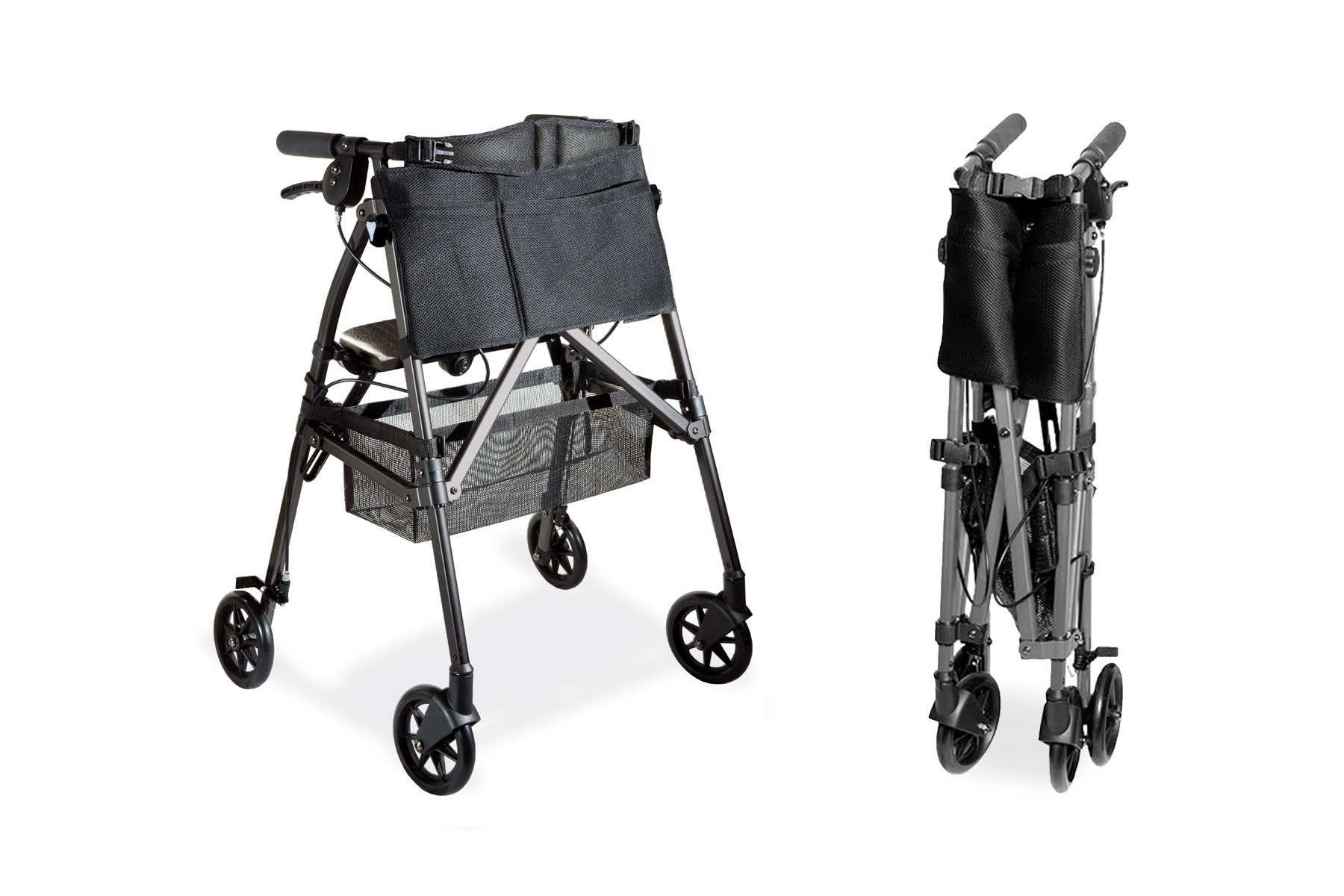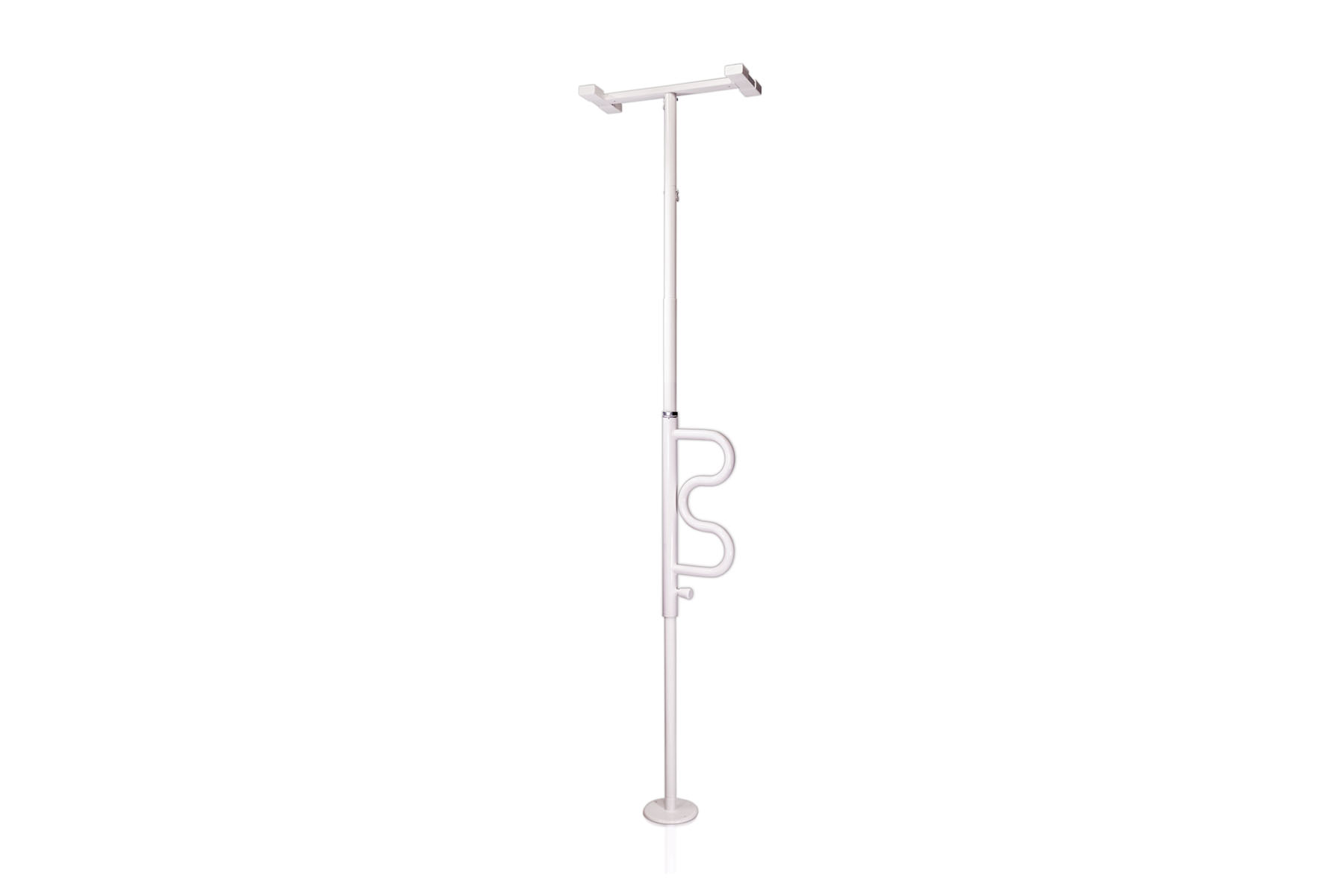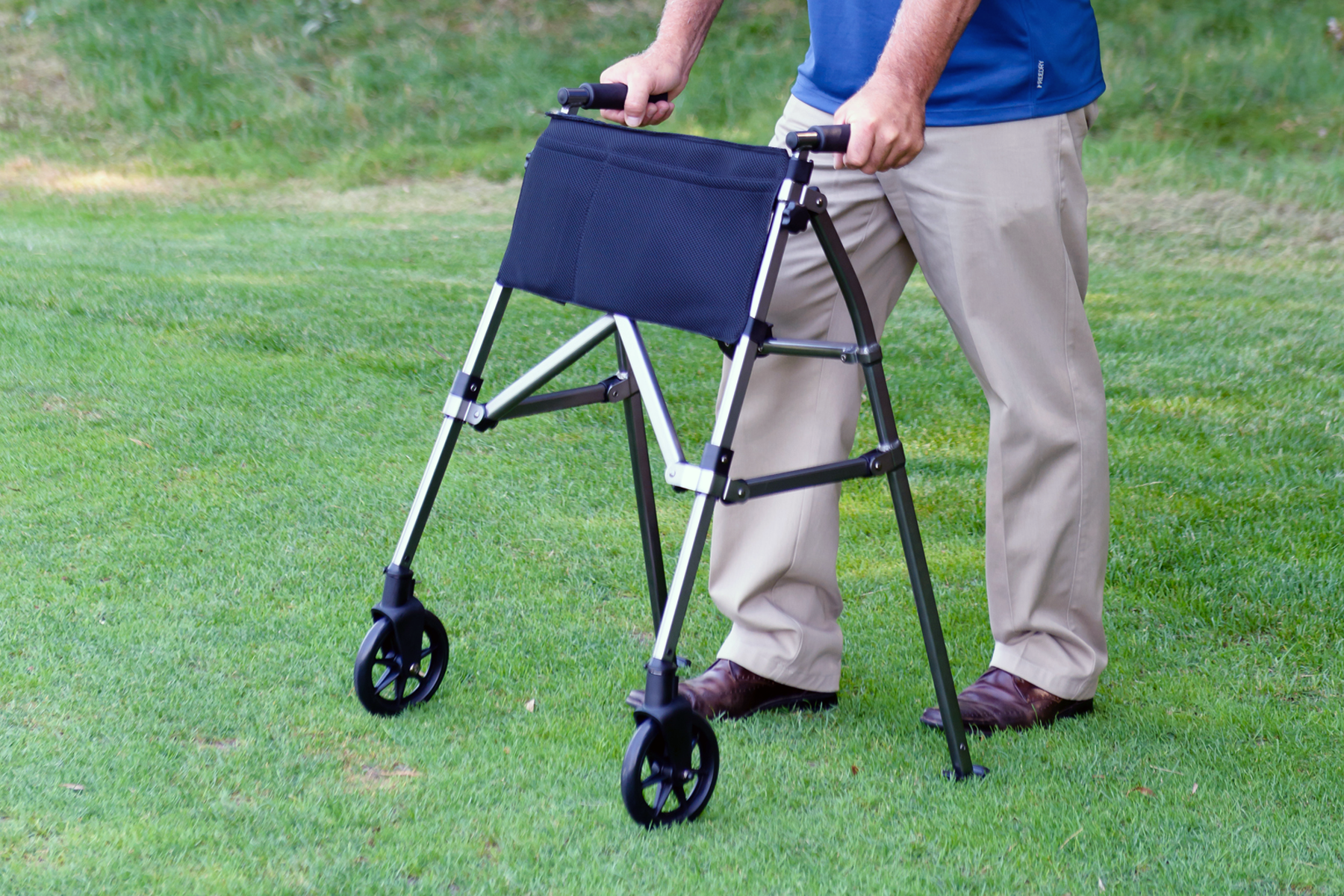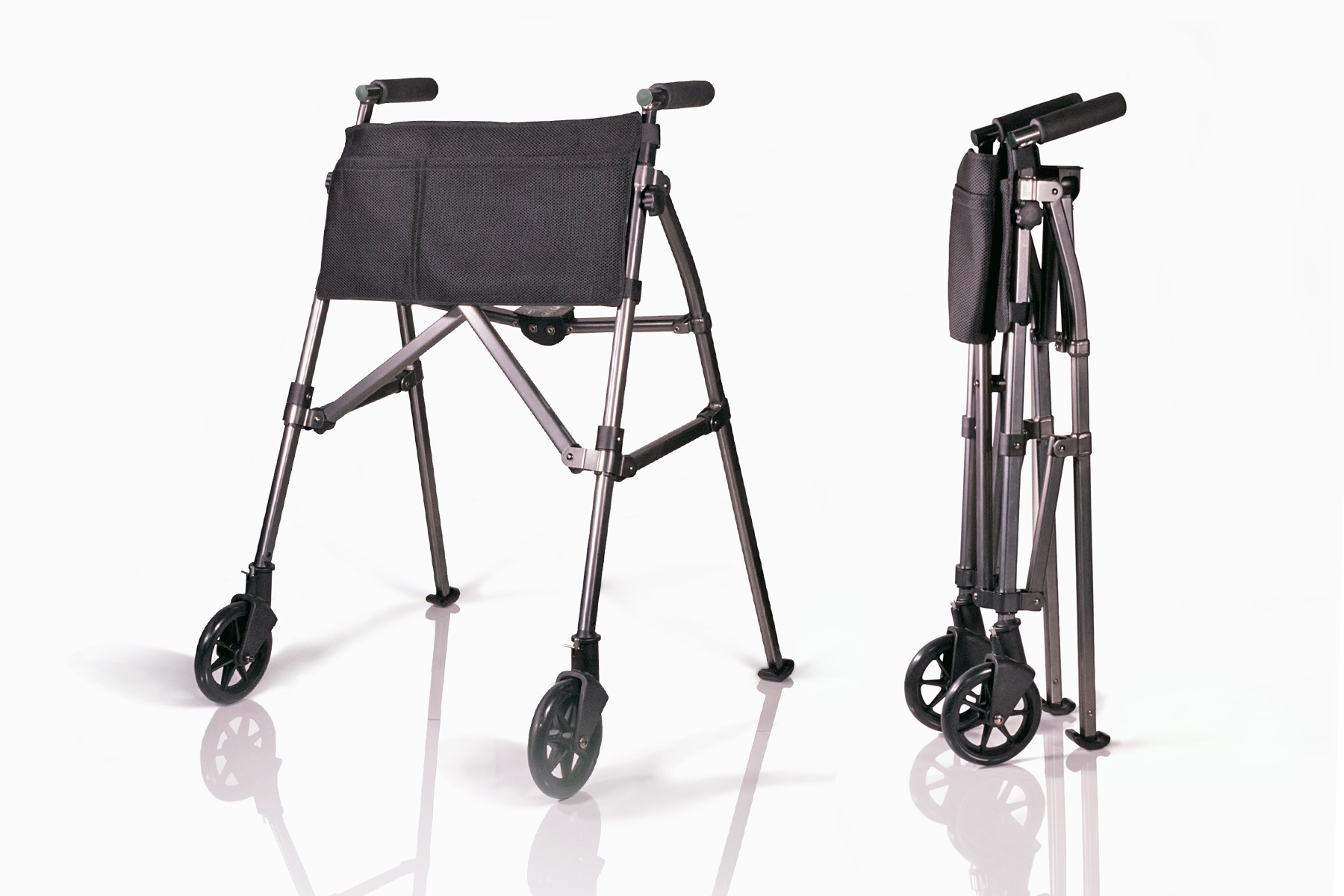Self-Care and Mental Health: An Essential Element for Caregivers
As a young child, I watched my parents become the primary caregiver to their parents and grandparents through sickness, old age, and even death. My time was spent after school and during summer months accompanying my parents while they provided care for our loved ones. I was often amazed at the love and care they were able to offer day in and day out and thoroughly enjoyed the extended time I had to spend with my grandparents. However, what was not lost on me was the emotional, physical, financial, and mental toll being a caregiver had on my parents.
According to the Centers for Disease Control and Prevention, “caregivers are at a higher risk for having several chronic diseases because they may overlook their own personal health requirements while giving care for others.” Furthermore, caregivers have poorer levels of self-care and preventive health behaviors due to the time and energy that is invested in their profession, as well as the stress that comes with it. For caregivers, personal care and attention to self is an important element of caretaking. By implementing self-care activities into daily life, caregivers can improve their quality of life and minimize risk of major physical and mental health complications.
Define your Limits
Setting clear boundaries is essential for taking care of oneself correctly. This is especially true while working from home because there is no physical divide between business and personal life. To begin, make a list of ways you can make more time for yourself. If you are a caregiver who works full-time and begins your care responsibilities after work, you might try to schedule a time for a leisurely walk or a quick phone call to a friend before beginning your duties.
The key is maintaining your boundaries after you decide how to set them. It is perfectly naturally to feel distressed or guilty after defining your boundaries. Keep reminding yourself that your boundaries are set to help you reduce stress, minimize resentment, and establish a stronger relationship between you and the person you’re caring for.
Maintain Physical Health
A caregiver cannot be expected to properly care for the physical well-being of another if their own physical health is not properly addressed. Due to the nature of the physical activities required of a caregiver, caretakers are much more likely to have chronic pain, a weakened immune system, and a higher chance of developing major illnesses. This means it is essential for caretakers to prioritize your own physical health to maintain your capacity to care for your loved one.
When putting together your plan for tackling your own physical health, consider these ideas:
-
- Set aside time each week to plan and prepare your meals. Planning and preparing meals in advance will save you time and stress later in the week.
- Carry nutritional snacks like with you to consume between meals. Nutritional snacks will provide needed energy throughout the day.
- Incorporate an enjoyable physical activity into your day. Whether it’s a slow walk outside or staying indoors to do yoga, the endorphins released during exercise will help keep stress levels at a minimum.
Make Time for Yourself
Chances are you often think about taking time for yourself but can’t ever find enough time in the day to do so. Though it may seem strange at first, scheduling time for yourself on your calendar is a good way to prioritize opportunities to relax and unwind.
Pencil in your “me-time” to your daily planner or set a reminder on your smartphone. Think of this appointment as a necessary time to recharge your personal batteries so you can be your best self when around others. Don’t ever think of taking time for yourself as being selfish. It is a vital element to maintain proper balance in life.
Engage in Activities to Improve Mental Health
Due to the emotionally draining nature of the job, caregivers have an increased risk of developing mental health challenges. In fact, between 40 and 70 percent of caregivers suffer from symptoms of depression with 25 to 50 percent of caregivers suffering from serious depression. Luckily, there are many activities that can help alleviate concerns with mental health.
-
- Journaling is a quick, inexpensive, and effective ways to address mental health concerns. Writing down your thoughts and feelings provides a safe place to express, process, and release difficult emotions.
- Meditation is known to provide several powerful health benefits, including improved stress management, reduced anxiety, a more positive outlook, improved sleep, and a reduction in chronic pain. Take time to practice deep breathing exercises. Deep breathing helps to lower your heart rate and stabilize your blood pressure.
- Aerobic exercise may not seem appealing at first but will certainly boost your mood once finished. Exercises like jogging, swimming, cycling, and walking have been linked to reducing anxiety and depression. People who perform regular exercise are found to have better sleep, improved moods, and increased energy.
- Tending to a garden is an activity that has been proven to be an effective method for combating stress. In fact, studies have found that 79% of people who engaged in gardening expressed feeling more relaxed.
- If gardening isn’t your thing, take a deep dive into a good book. Reading is known to both calm the mind and relax the body, helping to decrease blood pressure and slow the heart rate. Getting lost in a good story can also provide a temporary escape from the overwhelming tasks and commitments of the day.
- Humans are wired for connection and community, so it comes as no surprise that social interaction is an important element to keeping our mental health on the right track. Maintaining satisfying relationships with family, friends, and community result in more happiness, fewer health problems, and living longer. While on the flip side, those who severely lack positive social relationships are more likely to experience higher levels of stress and anxiety.
It’s no secret that caregiving is one of the most stressful jobs a person can have. Navigating the various responsibilities that come with being a caretaker (and often times other jobs, families, etc.) feels like a circus juggling act. However, it’s important to remember that even when things don’t go according to plan, prioritizing your own physical and mental well-being will help you be a happier, healthier, and more resilient caregiver.

